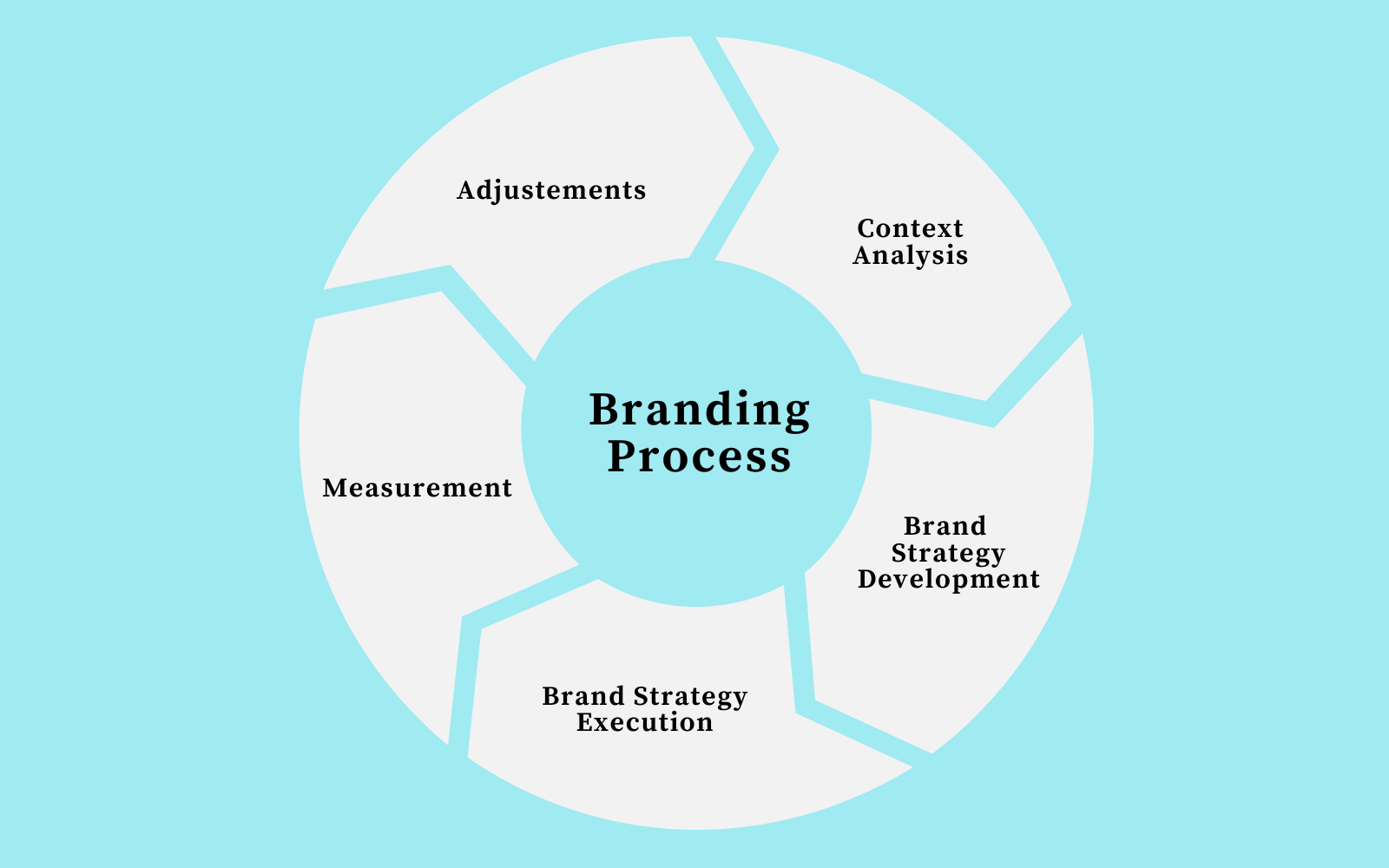Exactly How to Develop Robust Branding That Reverberates with Your Target Audience
Why Robust Branding Is Crucial for Market Leadership
A distinct brand name identification not just establishes a business apart from its rivals but also cultivates count on and emotional connections with consumers. What are the details strategies that can raise a brand to this renowned status?
Understanding Brand Identification
Continually recognizing the importance of brand identification is crucial for any company desiring accomplish market leadership. Brand identification incorporates the aesthetic elements, messaging, and overall assumption that differentiate a business from its competitors. It acts as a structure for exactly how consumers communicate and perceive with a brand name, playing a crucial function fit their experiences and expectations.
A well-defined brand identification interacts the core values and goal of a company, creating a psychological connection with its target market. Aspects such as logos, shade plans, typography, and intonation need to align cohesively to share a consistent message throughout all platforms. This uniformity reinforces brand name recognition and cultivates customer commitment.
Moreover, brand name identity is not simply shallow; it reflects the credibility and stability of a firm. It ought to be carefully crafted to reverberate with the designated audience while continuing to be adaptable to advancing market trends. Organizations that prioritize a solid brand identity can properly differentiate themselves, develop a favorable credibility, and grow a dedicated customer base. Eventually, a durable brand name identity is necessary for browsing competitive landscapes and sustaining long-lasting success.
Building Customer Count On
A strong brand identity lays the groundwork for building customer trust, an essential component in achieving market management. Trust is not merely a psychological response; it is a tactical property that can considerably influence buying decisions and brand name commitment. Business that cultivate openness, dependability, and uniformity in their messaging and actions foster a complacency amongst consumers.
To build this trust, brands must supply on their pledges. This indicates guaranteeing that product top quality satisfies client expectations which service experiences are responsive and favorable. Constant interaction strengthens reliability; when clients know what to anticipate and that their concerns will certainly be dealt with, their self-confidence in the brand grows.
Social proof additionally plays a critical function in developing depend on. Positive evaluations, testimonials, and recommendations from credible sources boost a brand's online reputation and can guide prospective consumers. Involving with customers with social systems and resolving their issues publicly demonstrates responsibility and dedication.
Distinction in Competitive Markets
In today's congested industry, distinction is important for brand names seeking to stand out and capture consumer interest. With plenty of options available, consumers are typically overloaded, making it necessary for brand names to develop an one-of-a-kind identity that resonates with their target audience. This distinction can manifest via different aspects, consisting of item functions, prices methods, customer support, and brand messaging.
Efficient distinction includes not only identifying what makes a brand unique but additionally connecting these differences plainly and continually. Brand names need to verbalize their value proposal in a way that addresses details consumer requirements and preferences. A business might concentrate on sustainability, ingenious innovation, or individualized client experiences to sculpt out a specific niche in an affordable landscape.
Additionally, brand names ought to constantly evaluate their competitive setting to adjust and fine-tune their differentiation techniques. This aggressive technique makes certain that they stay enticing and relevant to consumers as market dynamics advance. Ultimately, robust branding that highlights distinction not just fosters brand commitment however likewise positions a business as a leader in its sector, leading the way for continual development and market dominance.
Psychological Links With Consumers
Psychological connections function as a powerful stimulant in structure long-term relationships in between brands and customers. It cultivates commitment that goes beyond simple transactional communications when consumers resonate with a brand name on an emotional degree. Brand names that efficiently evoke feelings-- whether with narration, shared worths, or genuine interaction-- develop a sense of belonging for their clients.
These psychological connections can considerably affect acquiring decisions, as consumers are usually driven by feelings rather than reasoning. A brand name that lines up with clients' goals or addresses their discomfort points can cultivate an ingrained loyalty that causes repeat company and positive word-of-mouth references.
Furthermore, emotional branding allows companies to differentiate themselves in crowded markets. By using the views of their target market, brand names can take an unique identity that useful reference resonates deeply, making them remarkable and liked over competitors.
In an age where consumers are pounded with choices, a strong emotional connection can be the choosing consider brand preference. Therefore, prioritizing emotional involvement is not just an advertising technique; it is a strategic necessary for brands seeking to develop significant partnerships and boost consumer retention.
Long-Term Organization Success
Lasting service growth rests on the capacity to cultivate robust branding techniques that reverberate with consumers with time. A strong brand name not only sets apart a company from its rivals yet also fosters commitment and count on among clients. This long-lasting relationship is necessary for making sure repeat business, which significantly contributes to revenue security and growth.
In a progressively affordable industry, brands that interact a regular and clear message are more likely to grow. This consistency enhances brand name identity, making it easier for customers to pick the brand name and recall over others. Robust Branding. Consequently, a reputable brand can adapt to market adjustments without losing its core essence, enabling innovation without alienating dedicated consumers
In addition, durable branding produces a platform for client involvement, whereby businesses can collect feedback and adapt their offerings as necessary. This repetitive process not just boosts customer contentment however likewise develops an area around the brand, promoting a feeling of belonging.
Verdict

Organizations that prioritize a solid brand identification can efficiently separate themselves, build a positive track record, and grow a devoted consumer base.A solid brand identity lays the groundwork for developing client anchor count on, a crucial component Homepage in attaining market management. A solid brand not just differentiates a company from its competitors yet likewise fosters loyalty and trust fund among clients. As a result, a reputable brand can adapt to market modifications without losing its core essence, allowing for development without estranging faithful clients.
